

First published in Great Britain in 2003 (as The World According to Margaret Thatcher) by
Michael OMara Books Limited
9 Lion Yard
Tremadoc Road
London SW4 7NQ
New and updated edition first published 2012
Copyright 2003, 2012 by Michael OMara Books Limited
All rights reserved. No part of this publication may be reproduced, stored in a retrieval system, or transmitted by any means, without the prior permission in writing of the publisher, nor be otherwise circulated in any form of binding or cover other than that in which it is published and without a similar condition including this condition being imposed on the subsequent purchaser.
A CIP catalogue record for this book is available from the British Library
ISBN: 978-1-84317-911-5 in hardback print format
ISBN: 978-1-84317-913-9 in EPub format
ISBN: 978-1-84317-912-2 in Mobipocket format
1 3 5 7 9 10 8 6 4 2
Designed and typeset by Design 23
Printed and bound in Great Britain by Clays Ltd, St Ives plc

P REFACE
Anyone who watched television news that night in November 1990 will recall the image of a tearful Margaret Thatcher in the back of a car, being driven away from Number 10 Downing Street. It was poignant and dramatic, coming as it did at the end of a bitter leadership battle. Those same pictures saturated acres of newsprint the following day. She was saying goodbye to what had been her official home for eleven and a half years.
Mention the name Thatcher and you stir emotion. That emotion manifests itself across a broad spectrum, but most of it is concentrated at one end or the other: you love her or you hate her. What cannot be denied is that, this passionate politician, pursuing single-mindedly her ideal of individualism, and fighting collectivism wherever she might find it, was a phenomenon.
Margaret Thatcher was the daughter of a grocer and went on to become not only Britains first woman prime minister, but the first in European history. For a woman to achieve that degree of political clout even in the first decade of the twenty-first century is hard to imagine. She did it in 1979, and in a party that knew nothing of such ideas as all-women candidate lists and positive discrimination.
However, she had a high opinion of women, and once said that they were an immensely practical sex. They got on with the job, and didnt talk about it as much as men.
During her premiership, a distinctive monetary policy was adopted, and government interference was reduced. There was also a determination to curb public spending, leading to friction between local and central government.
By the time she resigned in November 1990, one in four of the population owned shares and more than forty former state-owned businesses had been privatized. The BT sell-off of 1984 was followed by the privatization of British Gas in 1986 and of Rolls-Royce, British Airways and the British Airports Authority in 1987.
Of course, many who had worked in the old nationalized industries subsequently lost their jobs, as the important bottom line depended on leanness for its own health, and the fat cats of the newly privatized companies sought constantly to trim outgoings and maximize income for avaricious shareholders.
Mrs Thatchers government was also the one that fought for sovereignty in the South Atlantic, survived a bomb explosion in a Brighton hotel, did battle with King Coal himself, Arthur Scargill, during the 19845 miners strike, gave us the hated poll tax and introduced the equally detested Section 28. While the others are consigned to the history books, important though they are, only the last of these remains a campaigning issue to this day.
Even in her seventies and after a number of minor strokes, Baroness Thatcher has a good deal of stamina, and famously needed only about four hours sleep a night during her time as Prime Minister. And, while battling for the Tories before the 1991 general election, she dubbed her campaign the Mummy returns.
This is a short biography of one of the most outstanding politicians of the twentieth century and whether you interpret the word outstanding as being for good or bad will depend on your political persuasions.
Either way, there is no doubt that her achievements are remarkable for a woman from a poor background, and her story is a fascinating one.
If your appetite for information about the life of Margaret Hilda Thatcher has been whetted, you will benefit from our suggestions for further reading at the back of this book.
S TEPHEN B LAKE AND A NDREW J OHN
F EBRUARY 2003


L IFE B EFORE L EADERSHIP :
Margarets Road to Power

 I had very little privilege in my early years.
I had very little privilege in my early years.
1975

In 1925 John Logie Baird transmitted the first television broadcast from his laboratory; Al Capone took over the bootlegging racket in Chicago; Ben-Hur, costing a record-breaking $3.95 million to make, was released; the worst tornado in American history hit Illinois and Indiana. And, on 13 October, Margaret Hilda Roberts was born in Grantham, Lincolnshire, second daughter of Alfred and Beatrice Roberts.
Margarets father was a grocer who owned a corner shop on the Great North Road. Alfred had started out from a very poor background, and he brought his daughters up in the puritanical mould, with few luxuries and with the emphasis very much laid on hard work and parsimony. Most accounts of Margarets early days leave one with the image of a home run strictly in accordance with Victorian values, and of familial duties performed without question and with a great sense of obligation:
 I was brought up by a Victorian Grandmother. We were taught to prove yourself. We were taught self-reliance. We were taught to live within our incomes. We were taught that cleanliness is next to Godliness. We were taught self-respect. You were taught tremendous pride in your country. All of these things are Victorian values. They are perennial values.
I was brought up by a Victorian Grandmother. We were taught to prove yourself. We were taught self-reliance. We were taught to live within our incomes. We were taught that cleanliness is next to Godliness. We were taught self-respect. You were taught tremendous pride in your country. All of these things are Victorian values. They are perennial values.
Margarets mother, Beatrice Stephenson, was born at 10 South Parade in Grantham (its now number 55). She could hardly have thought that her Number 10 was a precursor to the Number 10, which would be occupied by her daughter from 1979 to 1990.
Next page

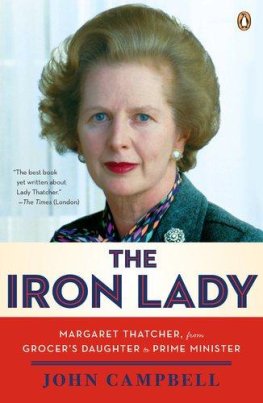
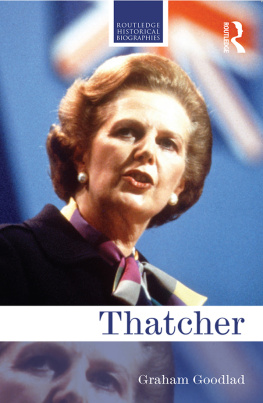
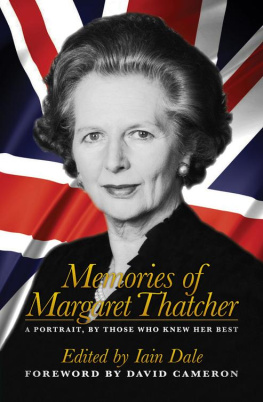

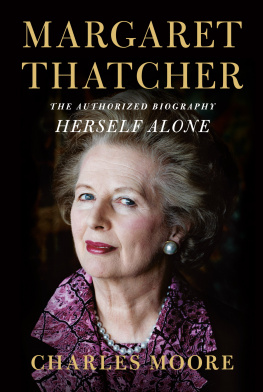
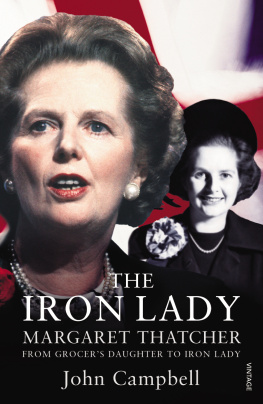
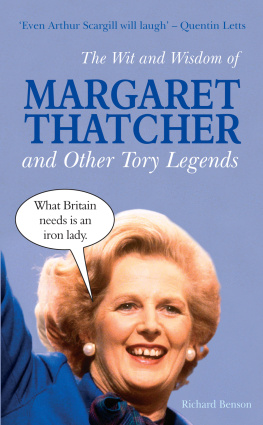
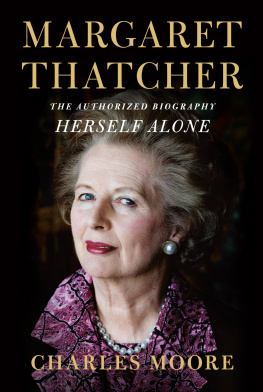
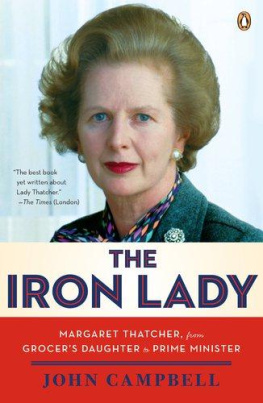
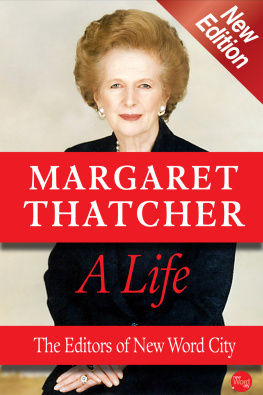
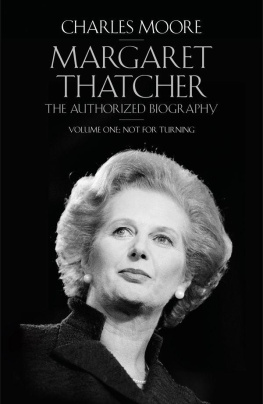




 I had very little privilege in my early years.
I had very little privilege in my early years.